
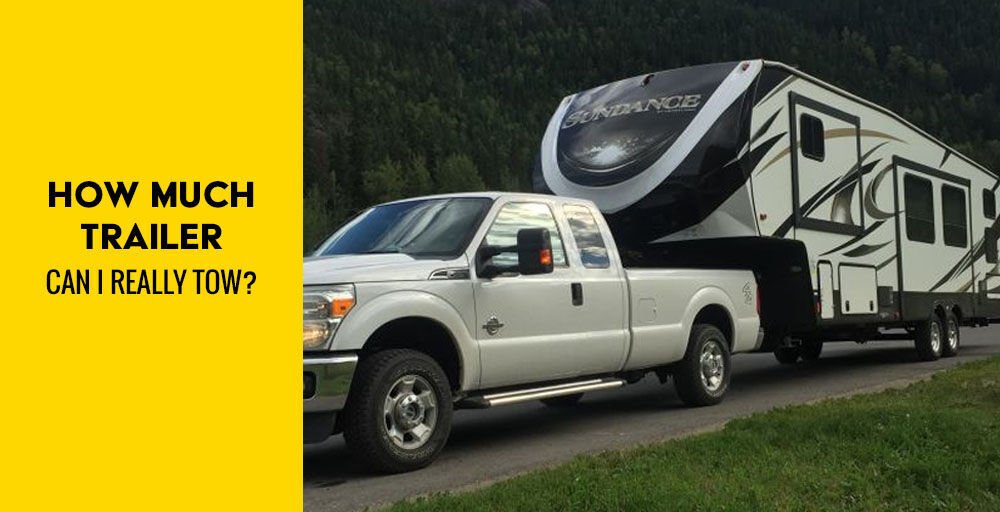
How Much Trailer Can I Really Tow?
RV Dealers Could Sell You the Wrong Rig—Read This Before Buying
First of All, What is GVWR? (And Payload, and Tongue Weight...?)
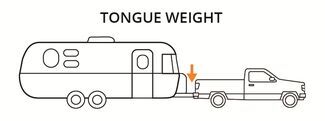
Tongue weight: The downward force you're putting on the hitch ball/coupler with your loaded trailer.
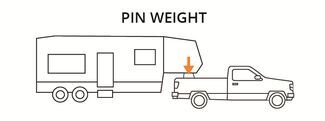
Pin weight: The downward force of a loaded trailer on a fifth-wheel hitch or gooseneck hitch.
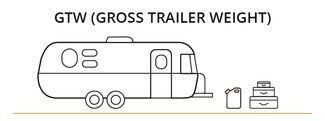
GTW (Gross Trailer Weight): The weight of your fully loaded trailer as you'll be towing it down the road.
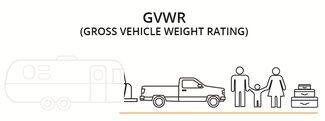
GVWR (Gross Vehicle Weigh Rating): The maximum allowed weight of your fully loaded vehicle.
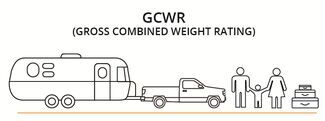
GCWR (Gross Combined Weight Rating): The maximum weight of your fully loaded vehicle and trailer combined.
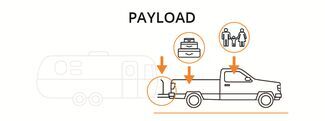
Payload: Weight of cargo, passengers, and tongue weight/hitch weight. Your max payload is your GVWR minus your curb weight.
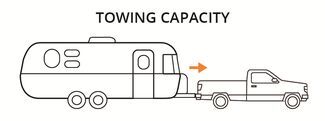
Towing Capacity: The weight you can tow behind your vehicle (differs between conventional and 5th-wheel trailers).

Curb weight: Weight of your fully fueled vehicle with no cargo or people.
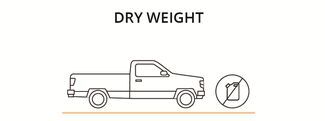
Dry weight: Weight of your unloaded vehicle without fuel, passengers, or cargo.
How Much Towing Capacity Do I Need, and How Do I Calculate It?
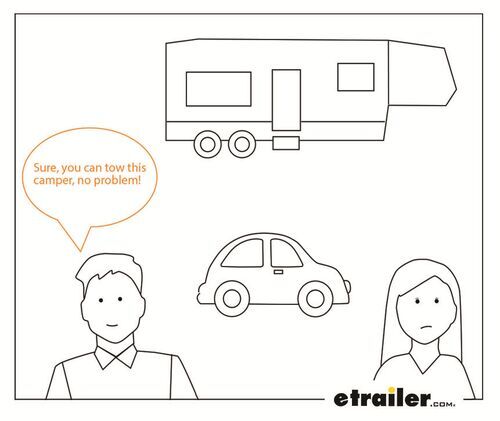

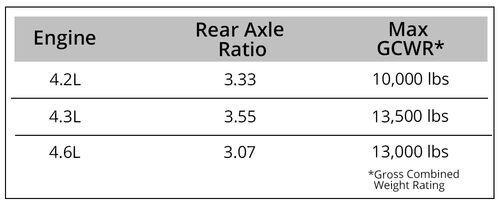

Weight of the vehicle Fuel Driver and passengers Cargo Tongue/pin weight (Tongue weight, or TW, should typically be 10% - 15% of your total conventional trailer weight, or 15% - 25% of your 5th-wheel/gooseneck weight. Since TW technically weighs down on your vehicle, it counts toward your GVW. Learn more about tongue weight here.)
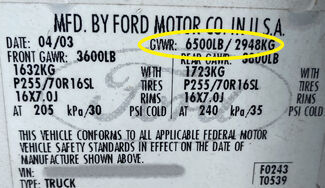
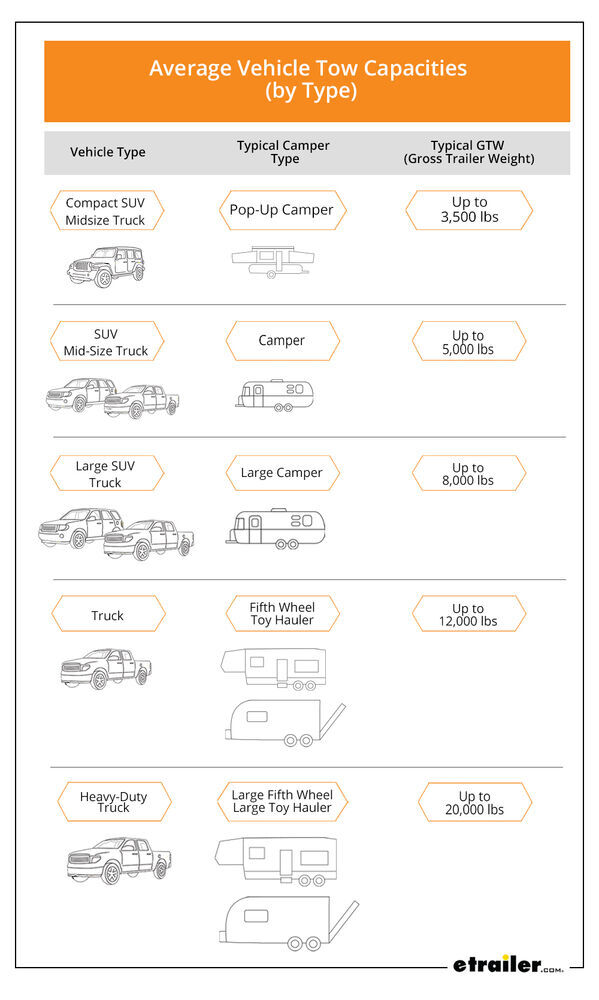
What Is My Payload Capacity?
Cargo Vehicle options People (driver and passengers) Tongue weight or pin weight (should typically be 10%-15% of your total trailer weight, or around 15%-25% for fifth wheels). Read more on TW here. Weight of your hitch
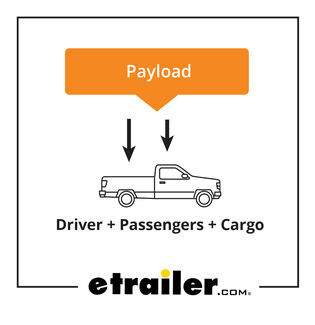
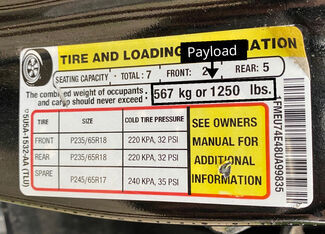
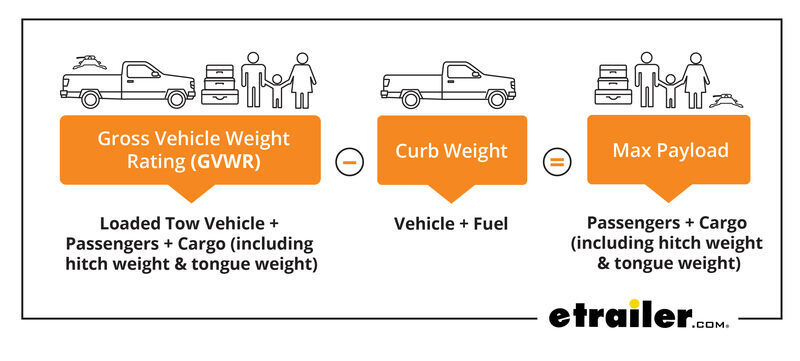
What Is My Wheelbase?
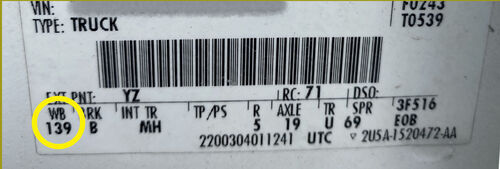
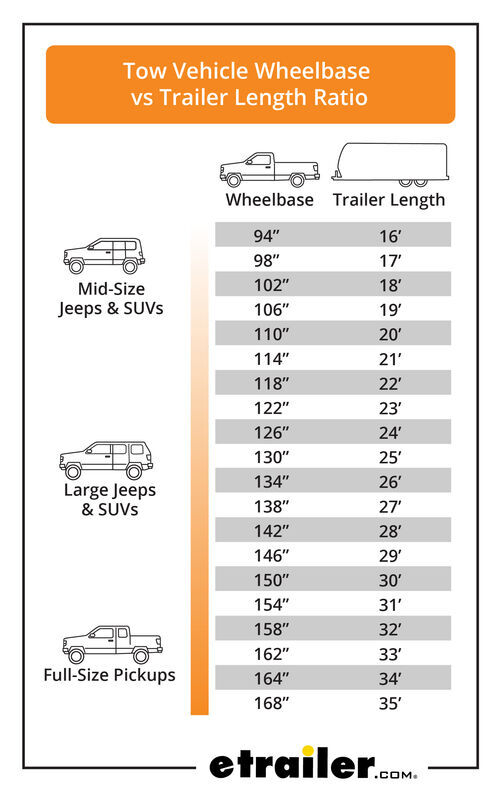

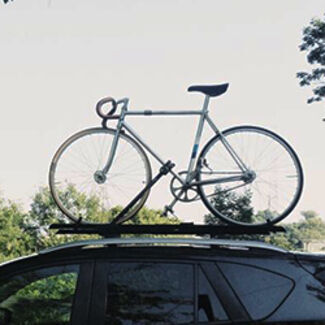
Shelby
2/12/2024
Hi, I read this article 100 times and not sure I understand so I have a 2021 Land Rover Defender 90 X-Dynamic S specs here - https://carbuzz.com/cars/land-rover/defender/2021-land-rover-defender-90-x-dynamic-s . So with that said I can tow a trailer that is about 18 ft but I am confused on what trailer weight I can safely pull.


Davidj
11/18/2023
I have a 2022 ford F250 platinum 4x4 with the 7.3 gas engine. Trying to see if it’s enough truck to pull A 2021 Montana 295RL.GVWR IS 10000



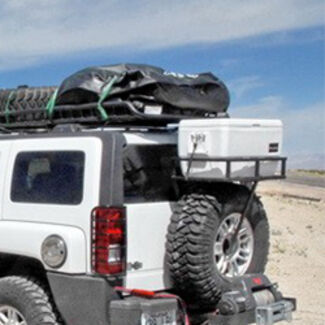
Joshua
3/11/2023
I have a Nissan Frontier pro4x equipped with everything regarding suspension and brakes with a Towing capacity of 6,700, I know this doesn't mean I can tow more, but RV Dealer said I can town a travel trailer with a dry weight of 5,500 is this true?


Adam W.
1/1/2023
I have a 2012 f150. GVWR of 7200. With a 9600 lbs max tow rating. My GCWR is 15,500. 15,500-7200= 8300 lbs. 75% of that is 6225 lbs of towing. Dry weight of my truck is 5615 lbs. That puts my curb weight at 5900 lbs. The sticker on my truck says max payload 1299 lbs. My wife, 2 dogs and myself weigh 510 lbs. Gear 50 lbs. Weight distribution hitch 75 lbs. That means my max tongue weight is around 650 lbs. With being in the 10%-15% tongue weight. That means I can tow around 6500 lbs trailer?

Departments
Towing
- Trailer Hitch
- Fifth Wheel
- Gooseneck
- Towing a Vehicle
- Front Hitch
- RV Hitch
- ATV Hitch
- HD Truck Hitch
- Vehicle Wiring
- Brake Controller
- Ball Mounts
- Weight Distribution
Sports and Recreation
Trailer Parts
- Utility Trailer
- Boat Trailer
- Landscape Trailer
- Enclosed Trailer
- 5th/Camper Trailer
- Car Hauler
- Horse Trailer
Vehicle
Contact & Help

What our customers are saying:
"Very helpful/friendly Customer Service. Competitive Pricing. Shipping was Fast."
Popular Vehicles
- Subaru Forester
- Ford F-350 Super Duty
- Ford F-250 Super Duty
- Chevrolet Silverado 1500
- Jeep Wrangler Unlimited
- Jeep Wrangler
- Ram 3500
- Toyota Highlander
- Ram 2500
- Chevrolet Silverado 2500
- Subaru Outback Wagon
- Chevrolet Silverado
- Dodge Ram Pickup
- GMC Sierra 2500
- Ram 1500
- Ford F-250 and F-350 Super Duty
- Jeep Grand Cherokee
- Toyota Tacoma
- GMC Sierra 3500
- Toyota Tundra
- Ford Escape
- More >>


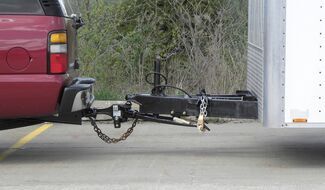
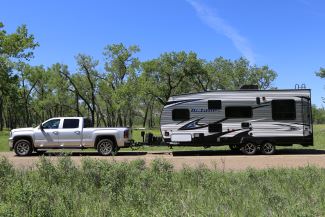
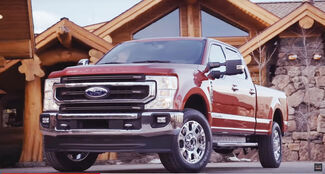

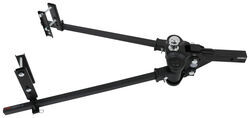
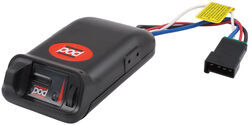


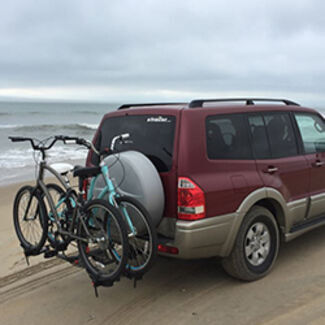
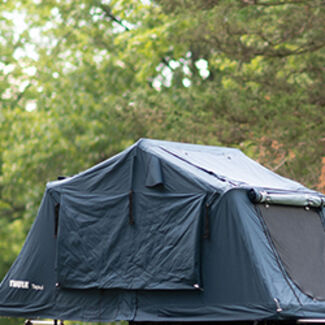


















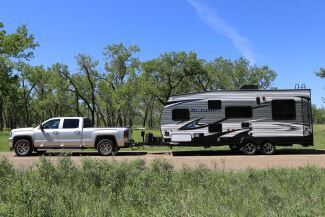
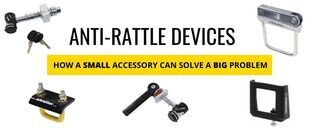

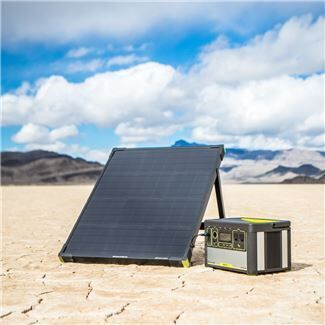


Dan
4/12/2024
Hi I am trying to decide what would be the best combination as I have never really towed or owned a trailer of any type I currently own a ford F-150 4x4 2022 with a eco boost 3.5 3.55 locker rear end it was factory lifted with a 4 inch lift and 35 inch tires tow package upgrade my dilemma is should I get a F250 and go from there a cheap model holy cow are they pricey newbie here TIA